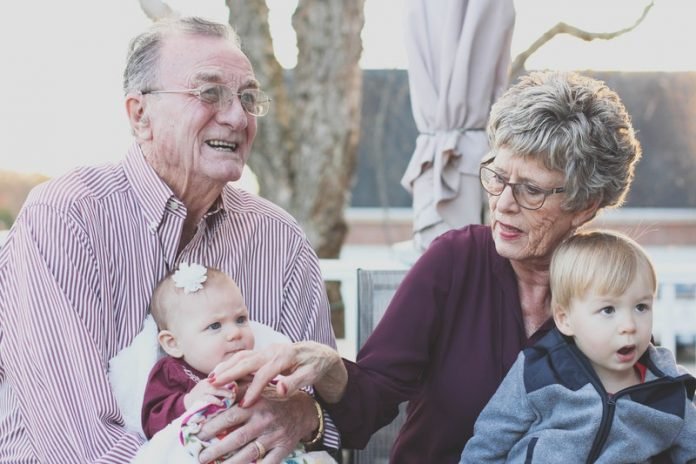
In a new study, researchers found that memory recall processes in the brains of older adults can look very similar to those previously observed in the brains of young adults.
However, for those seniors who had more trouble remembering, evidence for these processes was noticeably diminished.
By gaining a better understanding of memory function in older adults, these researchers hope to someday enable earlier and more precise predictions of when memory failures signal increased risk for dementia.
The research was conducted by a team at Stanford University.
Even among healthy people, a faltering memory is often an expected part of aging—but it’s not inevitable.
Some individuals exhibit remarkable maintenance of memory function throughout late adulthood, whereas others experience significant memory decline.
Studying these differences across individuals is critical for understanding the complexities of brain aging, including how to promote resilience and longevity.
Building on studies that have focused on young populations, the team examined memory recall in healthy, older adults as part of the Stanford Aging and Memory Study.
They measured activity from the whole brain at high-resolution, and analyses not only focused on the magnitude of activity but also on the memory information that is contained in patterns of brain activity.
In the experiment, 100 participants between the ages of 60 and 82 had their brains scanned as they studied words paired with pictures of famous people and places.
Then, during a scanned memory test, they were prompted with words they had seen and asked to recall the associated picture.
The memory test was designed to assess one’s ability to remember specific associations between elements of an event, a form of memory that is often disproportionately affected by aging.
In the scans, the researchers observed that the brain processes that support remembering in older adults resemble those in younger populations: when people remember, there is an increase in hippocampal activity—a brain structure long known to be important for remembering events—along with the reinstatement of activity patterns in the cortex that were present when the event was initially experienced.
The researchers found that, on average, recall ability declined with age.
Critically, however, regardless of one’s age, stronger hippocampal activity, and replay in the cortex was linked to better memory performance.
This was true not only for the memory test conducted during the scan but also for memory tests administered on a different day of the study.
This intriguing finding suggests that fMRI measures of brain activity during memory recall are tapping into stable differences across individuals, and may provide a window into brain health.
This research lays the foundation for many future investigations of memory in older adults in the Stanford Aging and Memory Study cohort.
These will include work to further detail the process of memory creation and recall, studies of change in memory performance over time, and research that pairs fMRI studies with other kinds of health data, such as changes in brain structure and the build-up of proteins in the brain that are linked to Alzheimer’s disease.
The ultimate aim is to develop new and sensitive tools to identify individuals who are at increased risk for Alzheimer’s disease before significant memory decline occurs.
The lead author of the study is Alexandra Trelle, a postdoctoral research fellow at Stanford University.
The study is published in eLife.
Copyright © 2020 Knowridge Science Report. All rights reserved.



